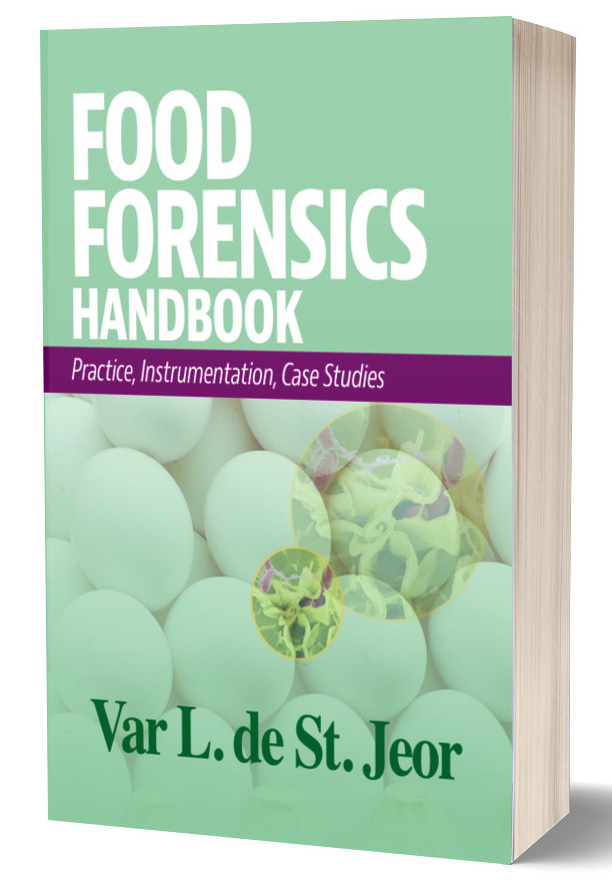FDA Prevention Strategy to Enhance Infant Formula Food Safety Supports Elevating Cronobacter Infection to Nationally Notifiable Disease

Credit: The U.S. Food and Drug Administration, Tara Winstead (tara-winstead) via Pexels
The U.S. Food and Drug Administration (FDA) has released an outline of a prevention strategy that is under development to prevent Cronobacter sakazakii contamination of powdered infant formula.
The prevention strategy is being developed in response to the prolific recall of Abbott Nutrition powdered infant formula that occurred in February 2022. The formula in question was recalled after FDA investigators found insanitary conditions in Abbott Nutrition’s Sturgis, Michigan manufacturing facility, which possibly contributed to Cronobacter sakazakii infections in four infants.
The recall added further pressure to an already stressed supply chain, resulting in a shortage that made it difficult for caregivers of infants to find certain powdered infant formula products throughout 2022. While the supply of infant formula products has been steadily increasing and FDA continues to work with manufacturers to maximize production and fill store shelves, the present strategy will outline the agency’s path toward enhancing the safety of powdered infant formula products. Additionally, FDA was mandated by the U.S. Senate in June 2022 to take actions to better ensure the safety of the U.S. infant formula supply.
Powdered Infant Formula Prevention Strategy Outline
FDA stresses that stakeholder engagement is critical to inform the agency’s and industry’s collective next steps. The outline of the infant formula prevention strategy is intended to guide discussions during its development. Actions highlighted in the prevention strategy outline include:
- Collaboration with stakeholders to better understand best practices in the manufacturing of powdered infant formula and what could be done to enhance safety
- Strengthening regulatory activities and current systems for effective oversight of powdered infant formula, including:
- Considering whether to establish a dedicated cadre of investigators to conduct infant formula inspections
- Exploring realigning staff across FDA’s Center for Food Safety and Applied Nutrition (CFSAN) and Office of Regulatory Affairs (ORA) to better support regulatory oversight of infant formula
- Reviewing and updating the Infant Formula Compliance Program, as needed, to reflect current science on Cronobacter and ensure that investigators and compliance officers are equipped with the tools and resources required to enable a consistent and comprehensive approach to inspections of infant formula manufacturing facilities and compliance activities
- Provide additional education and training to FDA regulatory staff on inspecting powdered infant formula manufacturing facilities
- Reviewing and updating current guidance and rules applicable to the production of powdered infant formula, as appropriate
- Evaluating current testing requirements and determining whether improvements might be appropriate to enhance the safety of finished product
- Continual development and improvement of communications for consumers about safe formula preparation and storage
- Working with federal, state, and local partners to strengthen the ability of public health officials and firms to identify and investigate illnesses of all species of Cronobacter, including increased genomic surveillance and supporting the elevation of Cronobacter sakazakii infection among infants as a nationally notifiable disease
- Conducting and supporting research to fill knowledge gaps in the scientific understanding of Cronobacter, such as through collaboration with the National Advisory Committee on Microbiological Criteria for Foods (NACMCF).
Through development and implementation of the strategy, FDA seeks to:
- Broaden scientific knowledge and understanding of Cronobacter sakazakii and public health interventions for controlling the pathogen
- Improve oversight of safe production of powdered infant formula
- Enhance communications and engagement with industry, consumers, federal, state, local, and other public health partners about infant formula safety.
In the coming weeks, teams from across FDA will be meeting with stakeholders to further discuss and finalize the prevention strategy, after which the agency intends to release an updated summary of the powdered infant formula strategy. The updated summary will outline FDA’s progress in its efforts to enhance the safety of powdered infant formula, and it will continue to be updated over time as more information is learned.
The powdered infant formula prevention strategy is the third prevention strategy released by the agency, following those for bulb onions and imported enoki and wood ear mushrooms. FDA and industry representatives also discussed the development of such prevention strategies on a recent episode of Food Safety Matters.
More information on the infant formula prevention strategy and other strategies can be found on FDA’s Prevention Strategies to Enhance Food Safety webpage, and questions or comments can be sent to FoodSafetyPreventionStrategies@fda.hhs.gov.
Looking for a reprint of this article?
From high-res PDFs to custom plaques, order your copy today!








